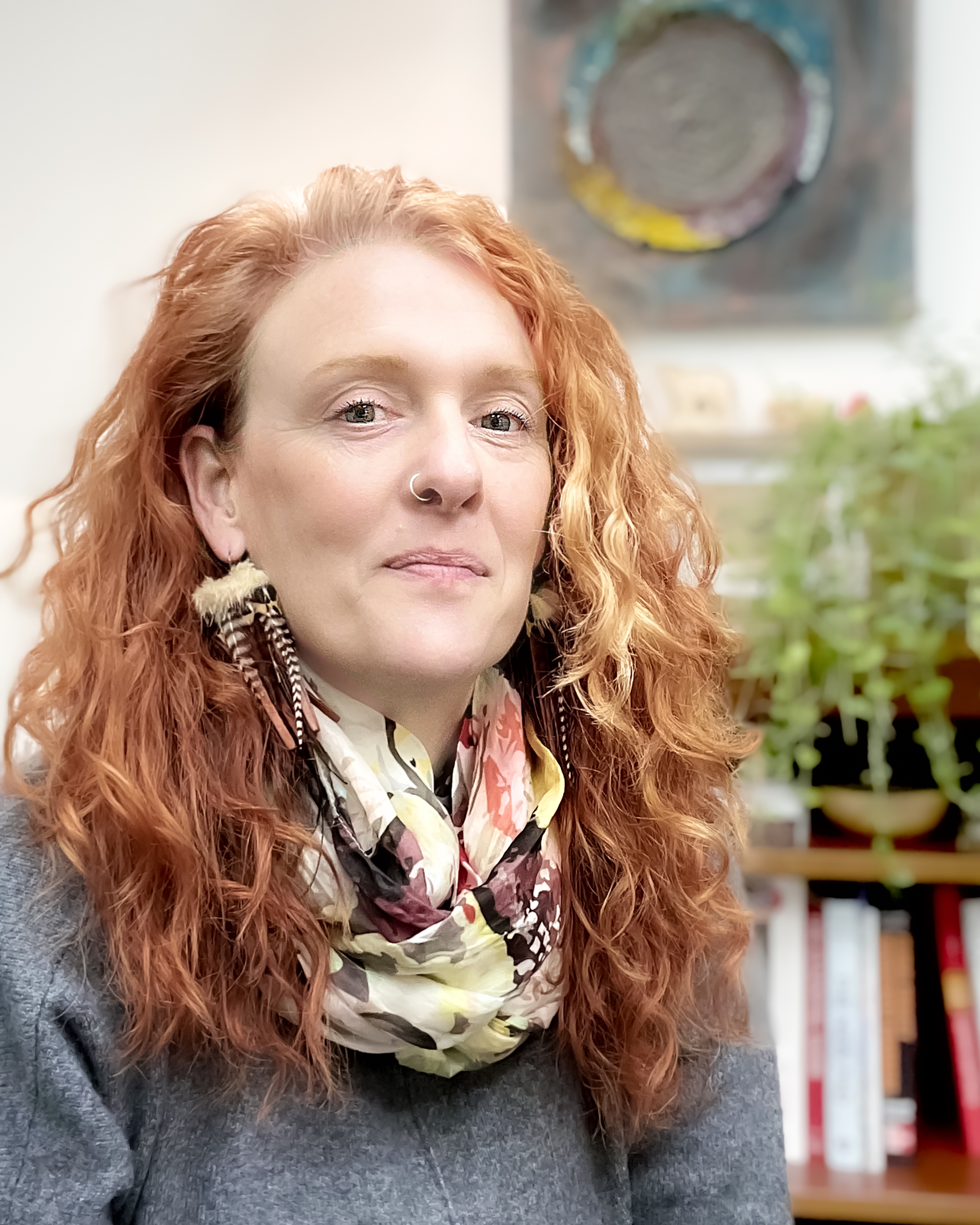Academic Tuesdays: March 21, 2023

The Shape of Faculty Development at UAF
ÔÇô By Madara Mason, associate director of teaching and learning
The Faculty Accelerator
I play many roles here at UAF, but the role that is most visible is the founding partner
and lead for the . ItÔÇÖs also a role that allows me to work across academic and institutional boundaries
ÔÇô a type of work I find immensely gratifying. The Accelerator is composed of partners
(rather than a centralized office), with each partner providing opportunities for
supporting teaching and learning, adjunct and TA needs, writing retreats, research
and innovation, and networking.
The Accelerator operates on the idea that faculty development is most effective when we have interconnected and cross-functional teams composed of faculty, staff, and students. Our workshops are open to faculty and staff (unless otherwise indicated). We engage with students through programs such as Learner Advocacy Experience Program (). Our emerging partnerships with CenterICE, , and the MIX will also increase the number of events focused on innovation.
Who Attends Development Events and Why?
We do our best to track attendance at our events including asking attendees to sign
in using an online form and using that data to guide future decisions about events
and programs to offer. WeÔÇÖve recently worked with Institutional Research to create
better data collection practices and one of the more interesting data points to emerge
is that 70% of attendees in the last 18 months have been women. Other data collected
includes our most recent faculty development survey in 2022, which garnered 112 faculty
responses, with 58% tenure/tenure-track faculty, 36% term or adjunct faculty, and
6% ÔÇ£otherÔÇØ respondents. The top three reasons for attending an event were: innovative
ideas, connections with colleagues, and teaching strategies and support. We'll be
using this data as well as evidence-based scholarship of teaching and learning (SoTL)
approaches to take a deeper look at our own programming and its impacts at UAF.
WhatÔÇÖs Ahead?
NWCCU, in its , has clarified that an accredited institution must establish policies to address
regular and substantive interaction (RSI) in all distance courses. These requirements
are based on the Higher Learning CommissionÔÇÖs . Alex Fitts, vice provost and ALO, is working actively with the faculty senate to
put this policy in place at UAF. In parallel, the faculty development team will be
putting together resources, workshops and programs to support faculty in meeting and
exceeding this new standard. The first session on this new rule and what it means
for ░«╬█┤½├¢ courses will be April 10 from 1-2 p.m.., co-led by Executive Director of eCampus
Jenn Pedersen. for this session.
Finally, travel funds are still available for UNAC-represented faculty seeking development or conference opportunities outside of ░«╬█┤½├¢. Please contact Jennifer Hoppough, faculty services manager, for more information. Faculty new-to-░«╬█┤½├¢ or new-to-tenure track are encouraged to apply.
Have Ideas or Suggestions?
The Accelerator invites conversation from faculty, staff, and students, regardless
of how crazy, expensive, or challenging they might feel (you can contact me directly
at emason@alaska.edu). We aim to provide meaningful opportunities, and that meaning has to be provided
by you.


